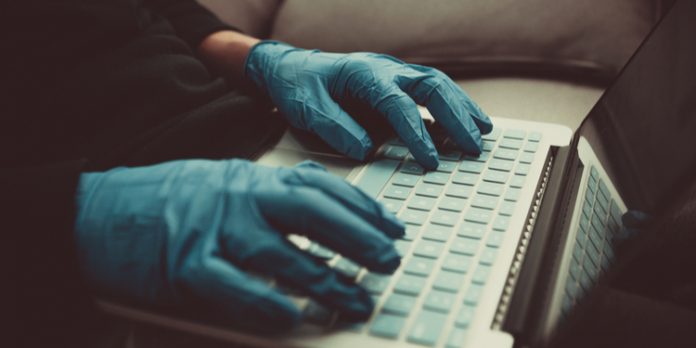IT solutions provider from Sweden reported it had detected hackers peaking inside a database for COVID-19 test results. Over three million test results Unclear whether intruders took any information from the database.
The targeted company, InfoSolutions, published a statement claiming that it detected an intrusion to a database employed by 15 of 21 Sweden’s regions.
“Together with an external security company, InfoSolution has identified and solved what made the intrusion possible. There is no indication that any information has been passed on, but our internal investigation continues,” CEO of the company Alex Stendahl claims in a statement.
Initial investigation shows that personal data has not been changed or deleted. However, investigators cannot rule out that personal data has been read.
Swedish media reports that social security numbers and likely data on COVID-19 results were accessible for less than 24 hours.
Even though the motive behind the breach is not clear, local media reports that it is suspected to be a warning shot from the hackers as the little noticeable damage has yet to come out from the breach.
Reuters reports InfoSolutions provides Swedish Public Health Agency with a database for digital journals, that in recent months was shut down twice due to suspected breaches.
Local media reports that the database administrator discovered the recent breach after perpetrators informed the company, they had access to the database.
Health facilities under attack
The global pandemic has focused illicit cyber activity on various health operators globally. Numerous attacks against hospitals have been recorded in recent months.
The Irish health service was most noticeably hit with a ransomware attack this May, causing the service operator to shut down its IT systems.
New Zeland’s Waikato district hospitals were also targeted the same month, with hackers releasing private patient information to media outlets and disrupting the treatment of patients.
Experts claim that many medical devices are running on unsupported systems and unpatched software, which means that they are susceptible to attacks and threaten patients’ lives.
More from CyberNews:
Purchase with caution: scammers on the prowl for e-shoppers
Dawn of Q day: the fun and disruption that quantum computing brings
Lazy attitudes and tech demands are a post-pandemic cybersecurity fear
Before smartwatches broke mainstream: list of vintage wrist computers
Gen Z are the least cybersecure generation
Subscribe to our newsletter












